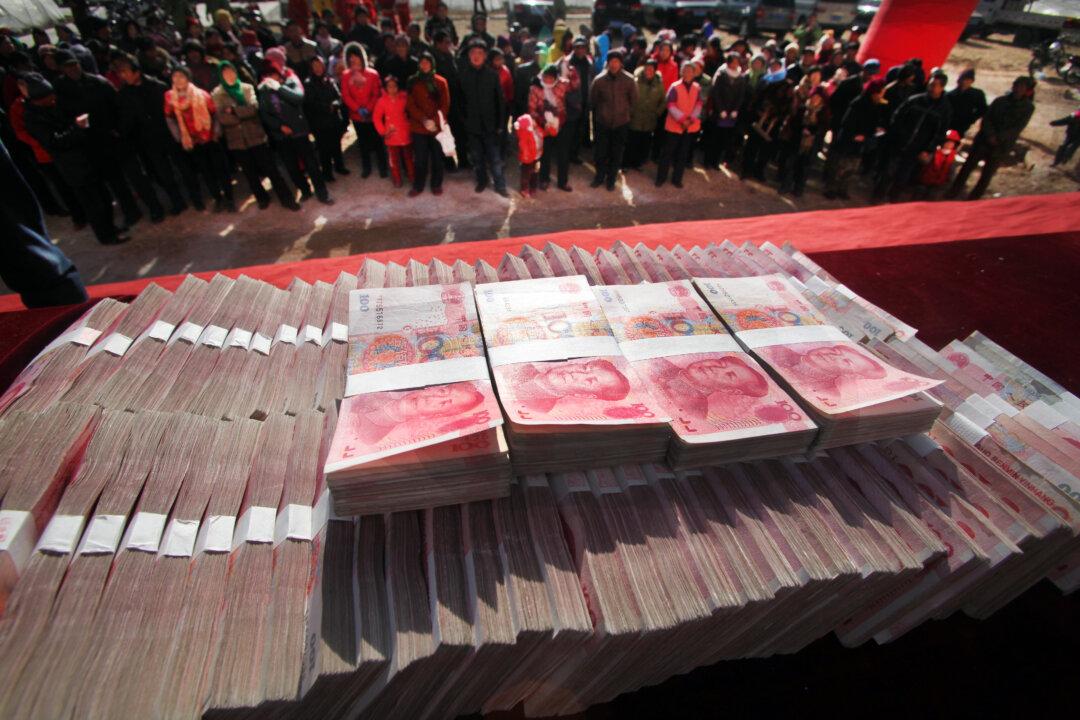James Nolt knows China intimately well from the time he was the dean of the Nanjing campus of the New York Institute of Technology. During his seven years in China he developed a keen sense of the interplay between economics and politics in the centrally planned economy.
Right now, his sense tells him that the likely form of quantitative easing in China is about more than economics, but rather a struggle of power and control.
Epoch Times: Mr. Nolt, why is China thinking about doing QE using local government debt?
James Nolt: There is a struggle here between the local and central government. Local governments have relied on the real estate bubble for finance. They got revenue from development of real estate.
In China, they have a transaction tax on real estate, not a property tax. They rely on transactions happening to get money. So since the slowdown, they have been crunched for cash. But they want to keep development going and have racked up massive debts.
Epoch Times: What kind of development are the local governments doing?
Mr. Nolt: They do part of the projects, usually together with private developers. They may finance the sewers and the electricity; clearing the land and compensating existing dwellers.
Epoch Times: Why is this a problem for the central government?
Mr. Nolt: It’s been out of control from the central government standpoint. It has been trying to reign in the credit bubble that has occurred. There is overbuilding because it’s in the local governments’ interest to keep developing because of the transaction tax.
They can benefit their local cronies by propping up prices and giving contracts to them too. Because the projects are all local and the financing is by local branches, it gives them too much autonomy. Local branches of national banks are more under local party influence than central government influence.





